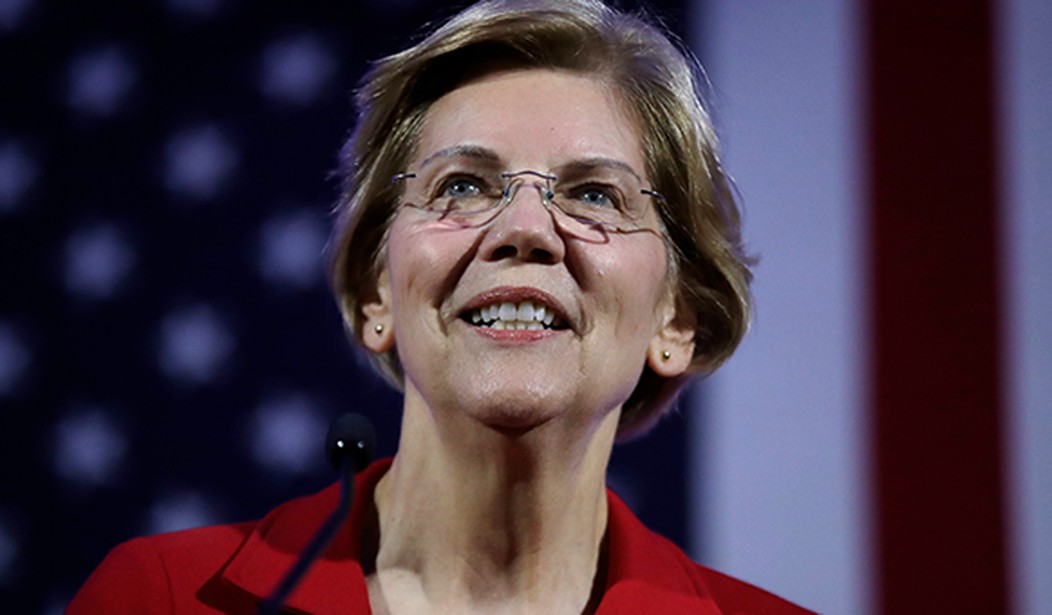For those in the political world, Election 2020 is already here, and the biggest question is whether or not President Donald Trump will get re-elected. Fifty percent of voters think that is likely to happen, while 49 percent disagree.
In reality, of course, there are two huge unknowns that will define the parameters of the campaign. The first is the state of the economy. If we are in a recession on Election Day, it will be very difficult for the president to get re-elected. But assuming the economy remains strong, we could have another close election to watch.
In that case, the identity and policies of the Democratic nominee will be critically important. So, who will the Democrats select as their champion? An early national survey of 740 registered Democrats shows former Vice President Joe Biden attracting 27 percent of the primary vote, leading the pack. The ScottRasmussen.com poll shows Vermont Sen. Bernie Sanders in second place with 19 percent of the vote. At this time, nobody else is even close.
It would be foolish to totally dismiss the possibility that either one of these men could survive to become the eventual nominee. However, it's also important to recognize that their current lead is primarily the result of high name recognition. They are also the only candidates to previously run a national campaign.
Recommended
But the party they seek to lead is younger and racially diverse. The energy of the party comes from a progressive wing hungering for a new face to represent it. That creates a natural tension between the current front-runners and the party's base. As a result, it is very difficult to imagine that the two finalists for the Democratic presidential nomination will be a pair of 70-something white men.
That dynamic creates an opening for other candidates. California Sen. Kamala Harris is currently in third place with 8 percent of the vote, followed closely by former Rep. Beto O'Rourke at 6 percent. New Jersey Sen. Cory Booker attracts support from 4 percent of Democrats, as does Massachusetts Sen. Elizabeth Warren. And of course, there will be plenty of other candidates on the debate stage.
One or two of these other candidates will gain traction in the coming months and grow to challenge the dominance of Biden and Sanders. As that happens, we may see Democratic voters faced with a choice between Biden and one of the newer faces. On the other hand, it also wouldn't surprise me to see three or four Democratic contenders remain competitive for a long time -- perhaps even to the convention.
The early indications are that the Democratic field is lurching far to the left ideologically. Many candidates have signed on to unpopular proposals such as cash reparations for slavery, the banning of private health insurance companies, an open-borders immigration policy and the Green New Deal.
The more the eventual Democratic nominee embraces such ideas, the better things look for President Trump. By a 58 percent to 20 percent margin, currently uncommitted voters say such policies would make them more likely to vote for the president. In other words, if the Democrats nominate a candidate who wins rave reviews in California, President Trump may reap the benefits in the Midwest.

























Join the conversation as a VIP Member